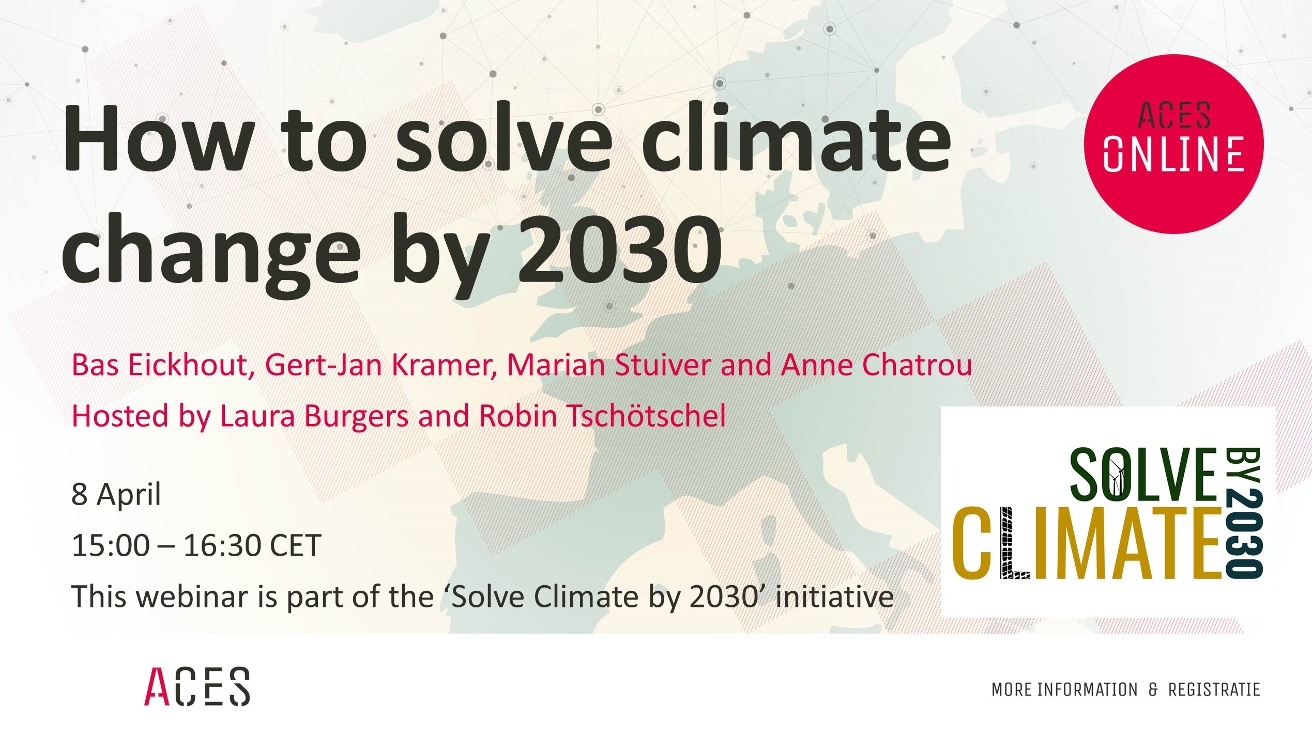Am I an activist?
As a social scientist, I strive to be impartial in my research. I also believe it's right to be explicit about my political views and why I hold them, rather than hiding behind "academic neutrality.
Social science is much more than a tool to describe the world around us. By influencing how we, as societies, see ourselves, what we're good at, and the things we need to improve, it can have a considerable impact on our lives.
As a scientist, I feel a strong responsibility to think deeply about who will or will not benefit from what I do. I also strive to make my work accessible and useful for people for whom science tends to be out of reach.
I do so by organising and taking part in events that bring together social scientists, political decision-makers, activists, practitioners and other interested individuals. The goal at these events is to enable real dialogue, and I am often amazed by the ideas that develop out of them.
Public Science activities
Make climate a class and solve climate change by 2030
Public Social Science Event

The next ten years are a crucial window for determining if and how Europe can uphold its commitment to reduce emissions to zero by 2050. In this interactive session, we discussed the most important changes that need to happen in the Netherlands. We focused on the justice and fairness challenges involved and how young people and their allies can have an impact and shape the next steps.
A recording of the event, hosted by myself and Laura Burgers can be found on the YouTube channel of ACES. Part of the global "Make Climate a Class" initiative, the event aimed to encourage schools and universities to use the recording as a teaching resource. Many more webinars with similar conversations happening around the globe can be found on the initiative's website and Youtube channel.